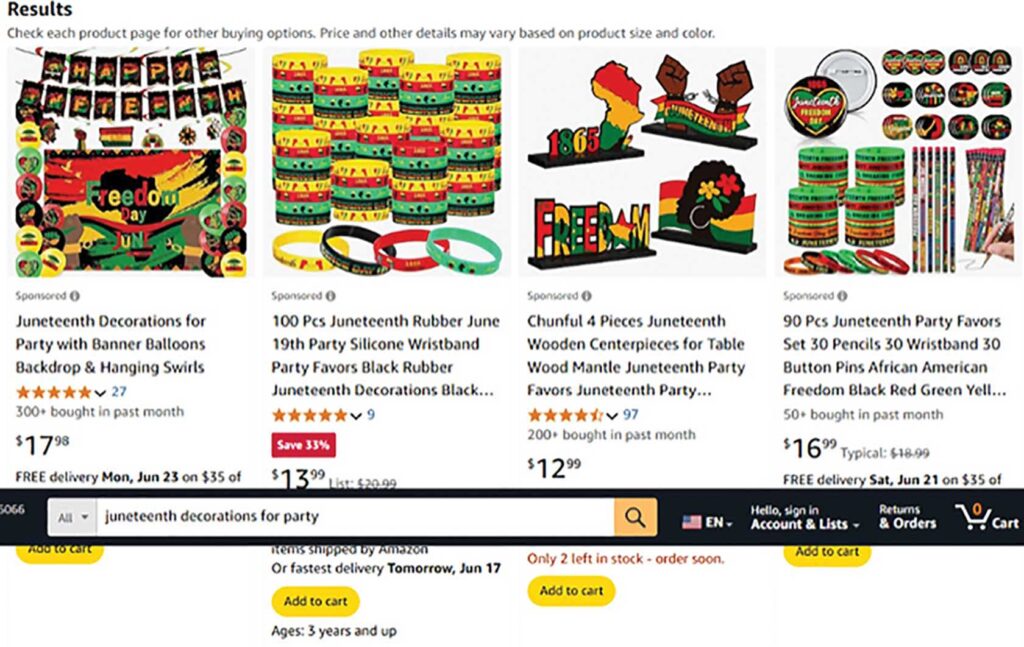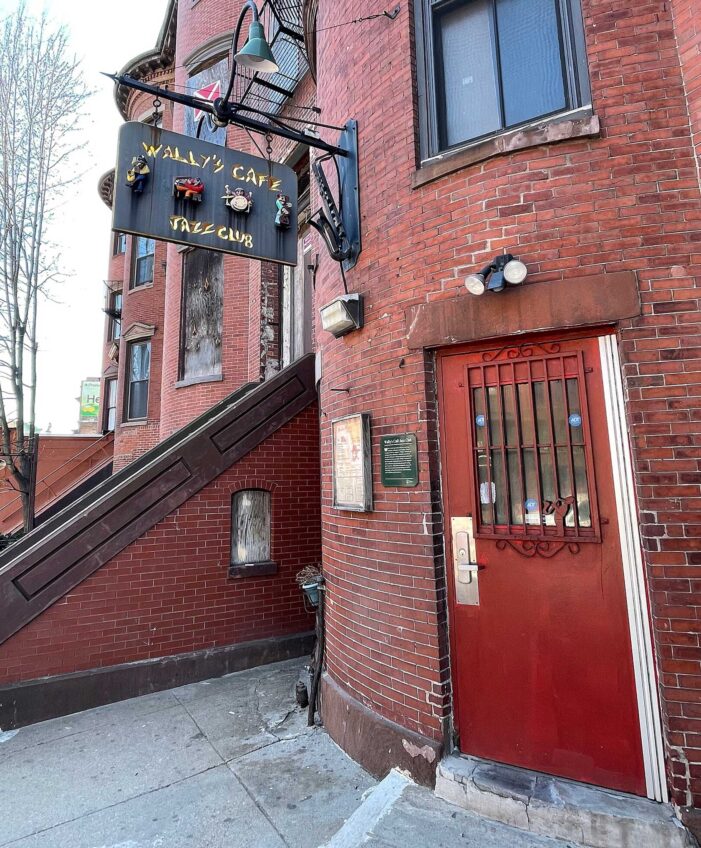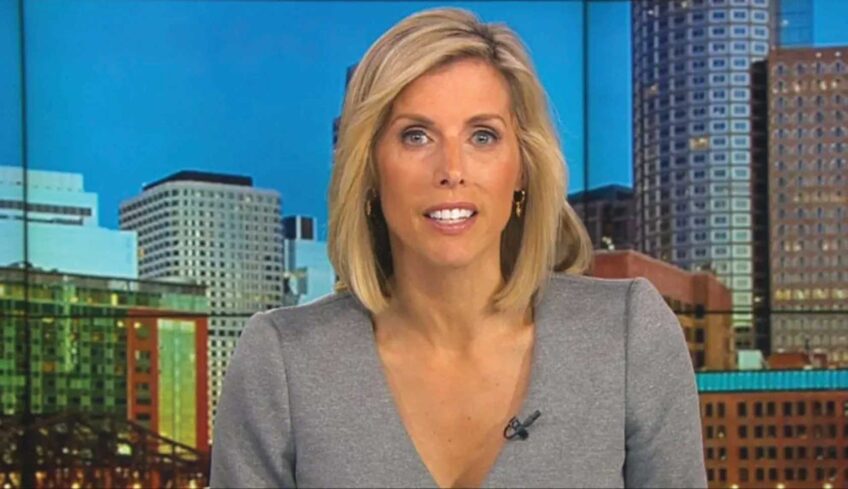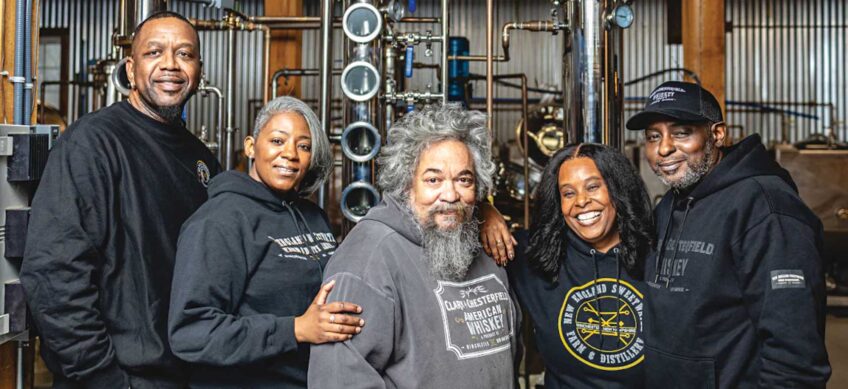
Juneteenth, celebrated on June 19, marks the day in 1865 when enslaved African Americans in Texas were finally informed of their freedom — two and a half years after the Emancipation Proclamation. On that day, Union General Gordon Granger arrived in Galveston and issued the historic order declaring all enslaved people in the state free, making Juneteenth a powerful symbol of delayed liberation and enduring resilience.
After the police murder of George Floyd in 2020, many companies made pledges and promises to embrace diversity, equity and inclusion — which included the acknowledgment of Juneteenth.
However, when President Donald J. Trump was voted back into the White House, he issued an executive order to “coordinate the termination” of what he calls “discriminatory programs,” which include “illegal DEI” and “diversity, equity, inclusion, and accessibility mandates, policies, programs, preferences, and activities.”
After this order, some companies began to withdraw their support and pledges from many DEI initiatives.
Target formally acknowledged Juneteenth in 2020 as an official annual company holiday and called it part of their “commitment to advancing racial equity and social justice” by giving their employees “space to celebrate and honor the day in their own way.”
Yet in 2025, Target said it would phase out its DEI initiatives, such as ending their Racial Equity Action and Change committee, which was created to accelerate their ongoing diversity, equity and inclusion strategy, with a focus on advancing racial equity for Black employees and guests. Recognizing Juneteenth as an annual holiday was one of their first actions from this committee.
PBS News reported that it had already had plans to wrap up the program this year and will move forward with ending the DEI goals “it previously set in three-year cycles, which included “hiring and promoting more women and members of racial minority groups, and recruiting more diverse suppliers, including businesses owned by people of color, women, LGBTQ+ people, veterans and people with disabilities.”
Walmart has also chosen to wrap up their DEI initiatives, which include not renewing a five-year commitment for an equity racial center set up in 2020, pulling out of a prominent gay rights index, and no longer giving priority treatment to suppliers based on race or gender, according to The Associated Press.
Amazon joined this list, as CNBC News reported that they have decided to stop some of their diversity and inclusion initiatives, as they obtained an internal note to staff by their vice president of inclusive experiences and technology, Candi Castleberry, who said that “the company was in the process of “winding down outdated programs and materials” as part of a broader review of hundreds of initiatives.
Yet in 2021, Amazon sponsored the inaugural Juneteenth Unityfest, a national livestream event conceived by Grammy-nominated African American artist Robert Randolph, which brought “together people of all backgrounds in a day of unity to commemorate and celebrate Juneteenth and Black culture with musical performances, inspiring remarks, films, comedy, storytelling, and appearances by civic leaders and influencers.” They also launched their Black Business Accelerator.
Amazon was also a promotional sponsor of Blk Freedom’s 2021 Virtual Museum Experience, which included a selection of books highlighting the history of Juneteenth. The company announced that it was donating $1 million to be distributed to 13 community-based organizations that support communities of color in Seattle.
Mark Zuckerberg’s Meta also made the decision to terminate their major DEI programs “for hiring, training, and picking suppliers,” stating that the “legal and policy landscape surrounding diversity, equity and inclusion efforts in the United States is changing,” per a memo by Janelle Gale, vice president of human resources, according to Axios.
Yet in 2021, Meta Elevate dedicated Juneteenth “to the Black business owners and leaders who have created their own opportunities and continue to serve as the lifeblood of their local communities.” In their Instagram Stories they featured businesses from the birthplace of Juneteenth, and teamed up with the #BuyBlack initiative to bring their audience a duo of Reels hosted by celebrity and talk show host Karamo that offered up commerce tips for small business owners.
The changes and shifts away from important DEI initiatives seem to suggest that supporting Black people and our sacred holiday of Juneteenth were only relevant when it was “in vogue” to provide funding to racial equity causes while making a profit from our collective pain. While some of us have chosen to participate in boycotts, we also must acknowledge that some of us cannot, as some of these businesses provide essential goods that could be inaccessible elsewhere, due to financial constraints or lack of transportation options.
These changes also show us that DEI initiatives, including Juneteenth, were just a business strategy. It can be extremely disheartening and could bring about questioning about whether we will truly overcome someday, as our ancestors sang during the Civil Rights Movement.
There are also so many attacks on equity in this political climate, from DEI initiatives being shut down, new deportation laws that are unjust, and the fight to preserve our history and our stories. It seems as if safe spaces for us are dwindling and there’s an intentional roll back of many of the civil rights, for which we have fought so hard over the years.
However, as sad as this can be, I want to encourage us, as we prepare for Juneteenth and celebrate the freedom that those same ancestors fought for us to have with unbridled love and joy towards our families and our communities — using it to fuel and strengthen us for the battles we face as a community.
One of my favorite Black journalists is Roland Martin. Three months ago, he ran a counter episode on his news show, Roland Martin Unfiltered, called, “State of Our Union,” specifically to talk about the issues most important to Black people in contrast to Trump’s joint address to Congress.
As my mother and I watched this six-hour episode where he featured Black politicians, activists and experts, it was his sign-off where he issued a call to action to the Black community.
“There are people who say, ‘Well, where do I start? Where do I call? Who do I call? Is somebody going to allow me to do it?’ And the reality is, you don’t have to ask anybody’s permission … you have to start exactly where you are … you must stop waiting for other people to show up. Too many of us are so fixated on the problem and the issues and what can’t be done, as opposed to what actually can be done. Tomorrow is an opportunity for you to decide, what are you going to do and what are you prepared to do to be a change agent for our community,” he said.
So, I issue the same clarion call to you. On Juneteenth, let us celebrate our resilience and freedom that our ancestors valiantly fought for. Let’s support one another, pray for one another and encourage one another. Yet, let us also reflect and decide how we will engage in this fight to keep our individual and collective freedom and become change makers for good in our city, our state, and our nation — as Juneteenth is not a business to us, it’s a celebration for us and by us.






